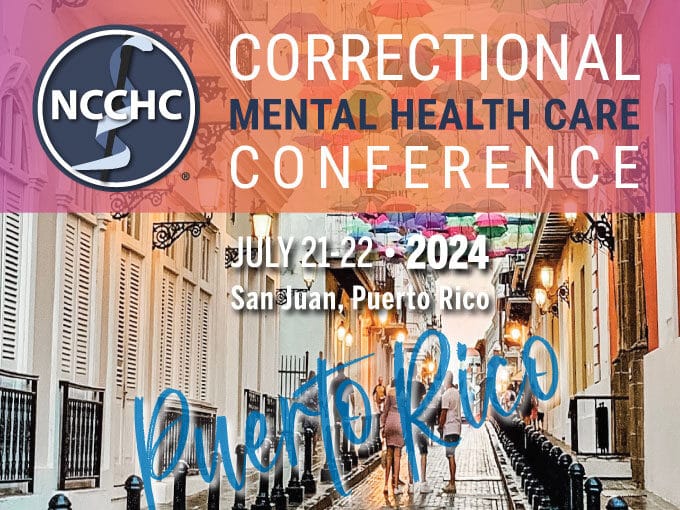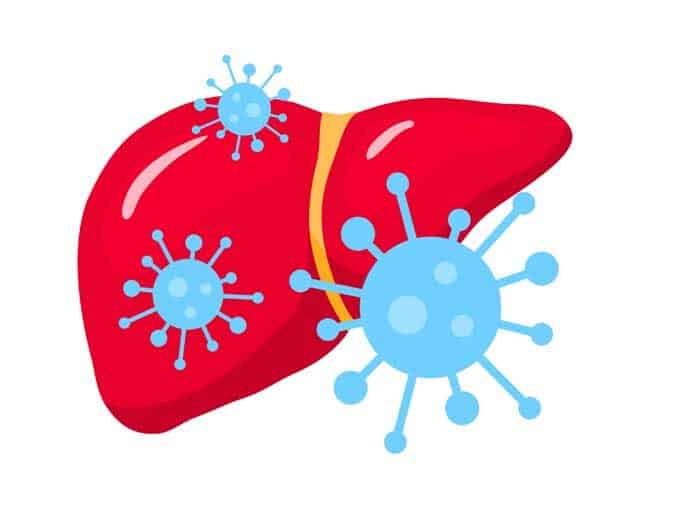
Say hola to Puerto Rico
The 2024 Correctional Mental Health Care Conference will be held in sunny San Juan!
Home Meeting the Needs of Incarcerated Veterans
 Nov 10, 2021
Nov 10, 2021People commit crimes and are incarcerated for myriad reasons – probably as many reasons as there are justice-involved individuals. Addiction, mental illness, poverty, lack of opportunity, dysfunctional homes, and trauma are often precursors to crime and incarceration.
One group of individuals in our jails and prisons are military veterans who have served in Afghanistan, Iraq, Vietnam, or other military posts around the world. The Bureau of Justice Statistics estimated in 2016 that more than 100,00 veterans were serving time in state or federal prisons alone.
Many of these incarcerated veterans suffer from PTSD: post-traumatic stress disorder. PTSD is not a psychosis; it is an anxiety disorder and it is treatable. Untreated, PTSD can lead to drug and alcohol abuse, which in turn can lead to crimes committed to feed the addiction.
The National Institute of Mental Health defines PTSD as an anxiety disorder that can develop after exposure to a terrifying event or ordeal in which grave physical harm occurred or was threatened. Traumatic events that may trigger PTSD include violent personal assaults, natural or human-caused disasters, accidents, or military combat.
Many jails and prisons are now offering programs for incarcerated veterans in which their PTSD and substance abuse issues can be addressed. Some have gone the “extra mile” in creating a therapeutic environment for veterans. One prison I visited had an American Legion Post in the facility, complete with pictures, flags, and posters. Another had a 50-bed housing unit for veterans only. It was immaculately clean and orderly with very shiny floors and a daily schedule for individual and group therapy sessions.
Editor’s note: NCCHC awarded its 2020 Program of the Year to the Hillsborough County Sheriff’s Office, Falkenberg Road Jail in Tampa, Fla., for its Veterans Resurgence Program. The program focuses on providing incarcerated U.S. military veterans with a supportive and constructive environment to help restore their dignity. Participants receive structured eight-week group and individual therapy sessions centered around managing anger and stress, coping with anxiety, healing from trauma, substance abuse recovery, and other transitional skills. Veterans Justice Outreach Specialists from the VA assist in reconnecting those who were honorably discharged with their veterans benefits.
Veterans’ programs and PTSD treatment, provided in a secure correctional setting, can be the foundation for ongoing treatment and a restoration of honor and dignity following release from incarceration. These programs help those who have served find purpose and direction and rebuild their lives.
Ron Wiborg, MA, MBA, is a retired corrections administrator.
For more information and help in developing and providing PTSD treatment for veterans in your facility, contact your state or county department of veterans’ services.
Both the U.S. Department of Veterans Affairs and the National Association of State Directors of Veterans Affairs can direct you to your state’s VA office.
The Veterans Reentry Search Services website enables correctional and other criminal justice system entities to identify inmates or defendants who have served in the U.S. military. The U.S. Department of Veterans Affairs makes this service available to facilitate its own direct outreach to these veterans, and to inform the development of veteran-specific programs in the criminal justice system.
The mission of the Veterans Justice Programs is to identify justice-involved veterans and contact them through outreach, in order to facilitate access to VA services at the earliest possible point.
The VA’s Health Care for Re-entry Veterans Services and Resources program is designed to promote success and prevent homelessness among veterans returning home after incarceration.


